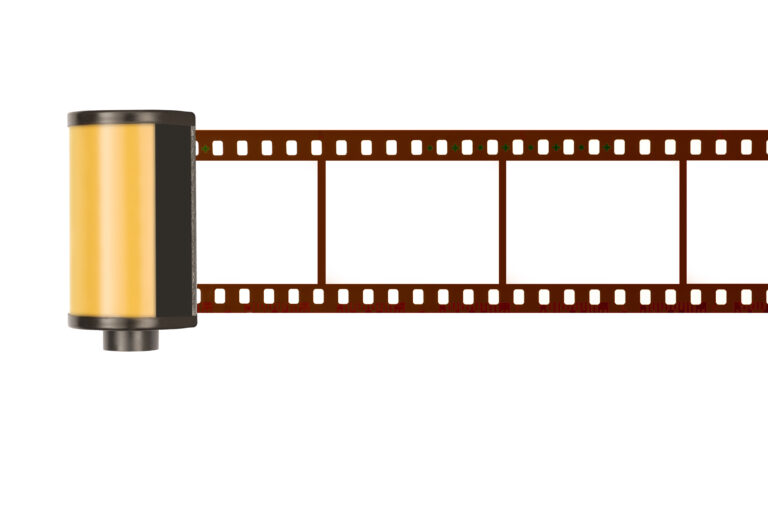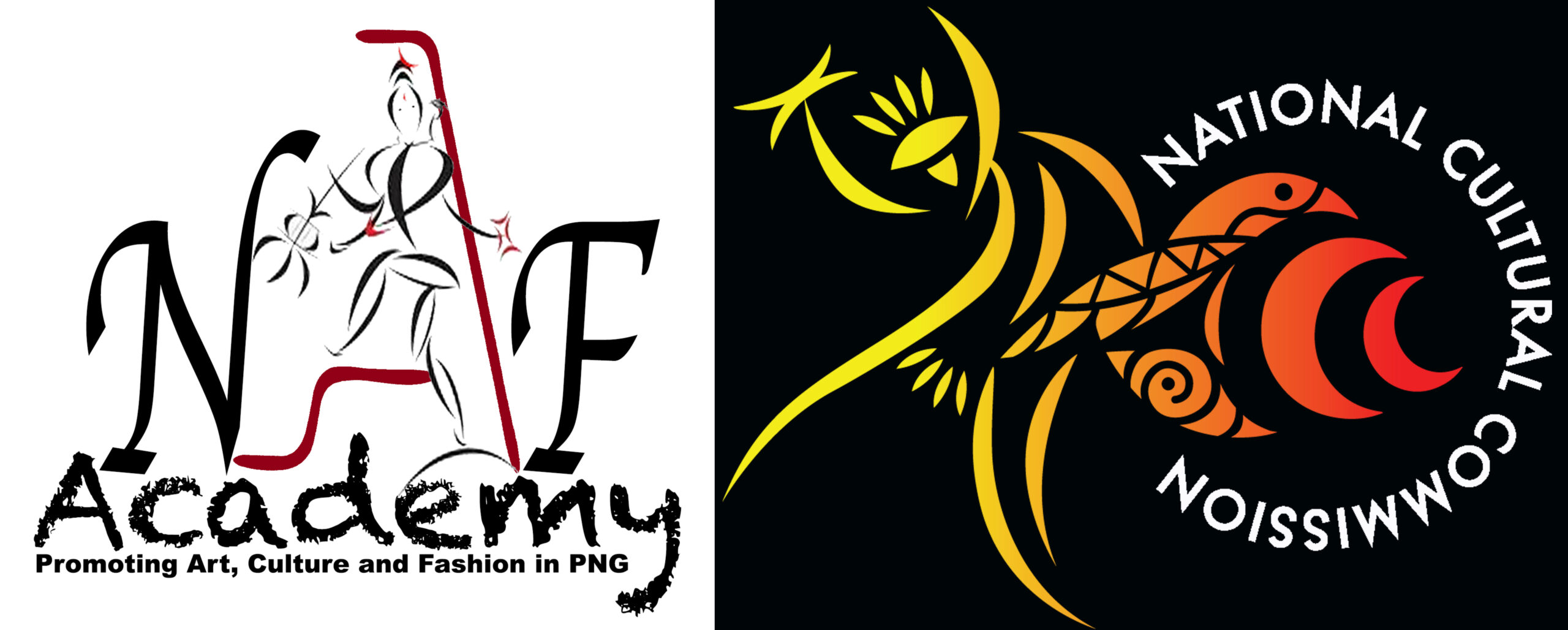What is film education?
Films are technically, visually and emotionally complex creatures. While their main purpose remains to entertain, there’s so much to learn with and from films. But it’s exactly their complexity that makes them difficult to process and analyse. Film education is taught in primary and secondary schools as well as in universities. But the level of knowledge required from students are of course going to be very different.
School kids learn about the important genres, famous industry people, basic history of film, and how to go around analysing and evaluating what they’ve seen.
Universities however offer a wider and more detailed look into film studies covering theoretical topics like film theory, film philosophy, film history, review writing and genre studies. They also have courses on more practical film education segments like direction, cinematography, editing, sound mixing or producing.
And no matter whether your students aim to be the next A-list actor, a prestigious critic or an Oscar-winning director – or none of these -, it’s beneficial for them to get introduced to film education at an early stage.

Film education in primary school
Even films for the younger audience can be challenging emotionally and intellectually. Therefore young kids might need some support in understanding and studying them. It’s important to teach them the basic technical elements of filmmaking as well as guide them to take away from a film as much as possible. It’s our responsibility to make kids see films, not just watch them.
Among our brilliant film study worksheets made by teachers you can find various helpful resources to tackle this task. It’s handy to remember not to overwhelm kids with heavy materials so finding a suitable film to screen is a crucial first step. For the rest, have a look at our wide range of useful teaching materials on site. Who knows? Maybe the next Orson Welles is sitting in your classroom.
When introducing film study to students there are numerous things you can focus on. It is however advisable to start with simpler tasks. Make kids understand what they see but give them space to enjoy it, too. Film education is there to encourage the wee ones to have their own ideas and thoughts of a story or a character. On our site you can find multiple film-related materials dealing with synopsis and character development or featuring some fun facts. With various templates kids can learn and practice how to write a basic review or how to take notes during a film. Ready to dive all the way in? Use our detailed lesson packs or explore film music in the 21st century. You can always make your classes more interactive with our display posters and blank storyboards.
Teach your students how to write film reviews with this handy template, and use this Film Synopsis Worksheet to support their work. Ask them to talk about their favourite films and quickly describe the main plot using this Character Relationships Diagram Worksheet resource.
Send Us A Message
What are the benefits of film education?
Although watching films on its own carries a number of benefits it’s always worth taking a deeper look into them. Similarly to books, films offer the opportunity for teachers to introduce students to various topics. Moving image materials can support your classes in an interactive and exciting way. It’s one of the most engaging forms to reach out to students no matter if you want to cover social, historical, political or environmental topics. And given the huge amount of films for all age groups, you are bound to find something suitable for your lessons. But films are also there to challenge emotions, provoke thoughts and raise curiosity in general.
Teaching films also has a dual purpose in connection to the modern world. In our media-heavy society it’s our responsibility to teach children how to handle the information they see and what to believe. If we show them how films are made, they might build a more critical attitude towards the videos found on socal media or news sites. On the other hand, having kids watch films and think about them also encourages self-expression while making them create their own opinions.
You can task a student to write a review, dive into the technical aspect of filmmaking or follow character development. All of these practises will improve their creative, analytical and interpersonal skills while opening up the world for them.
Ready to combine film and literature? Use this fun Comparing the Book and Film Worksheet to teach kids about adaptations.
It’s also important to keep in mind that films have a technical aspect to them. Teaching films allow you to introduce kids to photography, lightning, sound, editing or computer graphics. The skills children gain by learning these stay with them long after they finish primary school.
Last but not least, getting familiar with film genres and learning how to recognise them help students in other subjects like English and Literature.
Film in education
Since film is a highly engaging medium, teachers can benefit from it when covering multiple topics or subjects kids otherwise might find too dry or boring. Breaking your classes up with individual film scenes, short segments or even full short and feature-length films might keep your students more excited about the material in question.
It’d be really hard to look for a film in connection to a topic and come up empty-handed. No matter if you’re teaching about the Stone Age, the Vikings, the Knights, World War II or the Berlin Wall. History is one of the industry’s favourite topics with examples to every major events from the past. But you’re bound to find something useful and suitable for kids when introducing them to other topics as well. Looking for exciting and original ways to talk about global warming, social issues, health and wellbeing, or the intricacy of physics? Dive in to the vast amount of films, TV shows, animations and shorter videos to support your classes.
Many pieces are tailored to kids and deal with inclusion, mental health, sustainability or preservation. Not to mention universal topics such as friendship, family, love, honesty, bravery, or even death. A well-written tale could help kids get over a tragedy offering them a safe space to express their feelings. While others can educate them in a magical way.
Glossary of film terms
- Academy Awards – the most prestigious film industry awards are given every year to the top achievements of the previous year; they’re also called the Oscars
- Animation – a method of manipulating figures to create the illusion of movement; traditionally animations were hand drawn
- Audition – before landing a role actors meet with producers and directors to show them how they would act the role in question
- Crew – the entire team working on a film including the actors, writers, technicians, make-up artists and more
- CGI – computer-generated imagery is an application of computer graphics to create characters, scenes and special effects in films
- Cinematographer – the person behind the camera who works closely with the director
- Director – the creative head of a film production who is in charge of guiding the actors, collaborating with the cinematographer and overall visualising the script
- Editing – ‘cutting’ the raw film material so that scenes are merged together organically serving the purpose of the script
- Genre – film genres put films into groups based on their characteristics; major film genres are action, comedy, crime, drama, horror, fantasy, science fiction, thriller
- Photorealistic – similar to CGI but this technique aims to create images looking as realistic as in a photograph
- Score – the music heard in a film
- Script – the ‘book’ written as a base for a film including dialogues, set-ups, scenes and happenings
- Synopsis – brief summary of the story that introduces the place, time and characters
